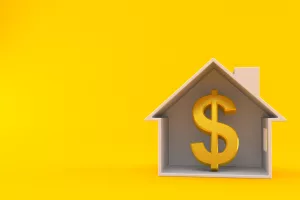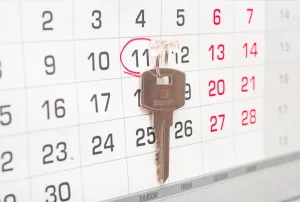What is a deposit for buying a house?
A deposit is an amount of money given over from a buyer to a seller to secure a contract for a property purchase.
Real Estate Agent Explains Deposits
When buying a house, buyers offer deposits to prove they have funds accessible for a property purchase and also as a good faith gesture to show that a buyer is serious.

Deposits are typically bank drafts these days, although cheques and certified cheques are sometimes used. Deposits could be cash, but it isn’t common (or recommended). For example, I have never had anyone suggest a cash deposit. Some brokerages do not want to hold deposits that aren’t bank drafts or certified cheques with short possession dates because the funds may not have time to clear before they are supposed to be given over to the lawyers.
A deposit is not the same thing as a down payment, but almost always becomes part of the down payment when the contract is fulfilled. However, a deposit can be borrowed funds and paid back later if that works best for the buyer.
Deposits are refundable depending on whether the contract has conditions or not. If the contract still has conditions, the deposit can be given back to the buyer if the buyer’s conditions are not met.
Why Does It Matter?
Without a deposit, you do not have a contract. All purchase contracts in real estate require a deposit. There is no rule about how much the deposit needs to be, but there are some common expectations based on the type of transaction and the price of the property. For more on deposit amounts, see How Much Should A Deposit Be For A Purchase?

